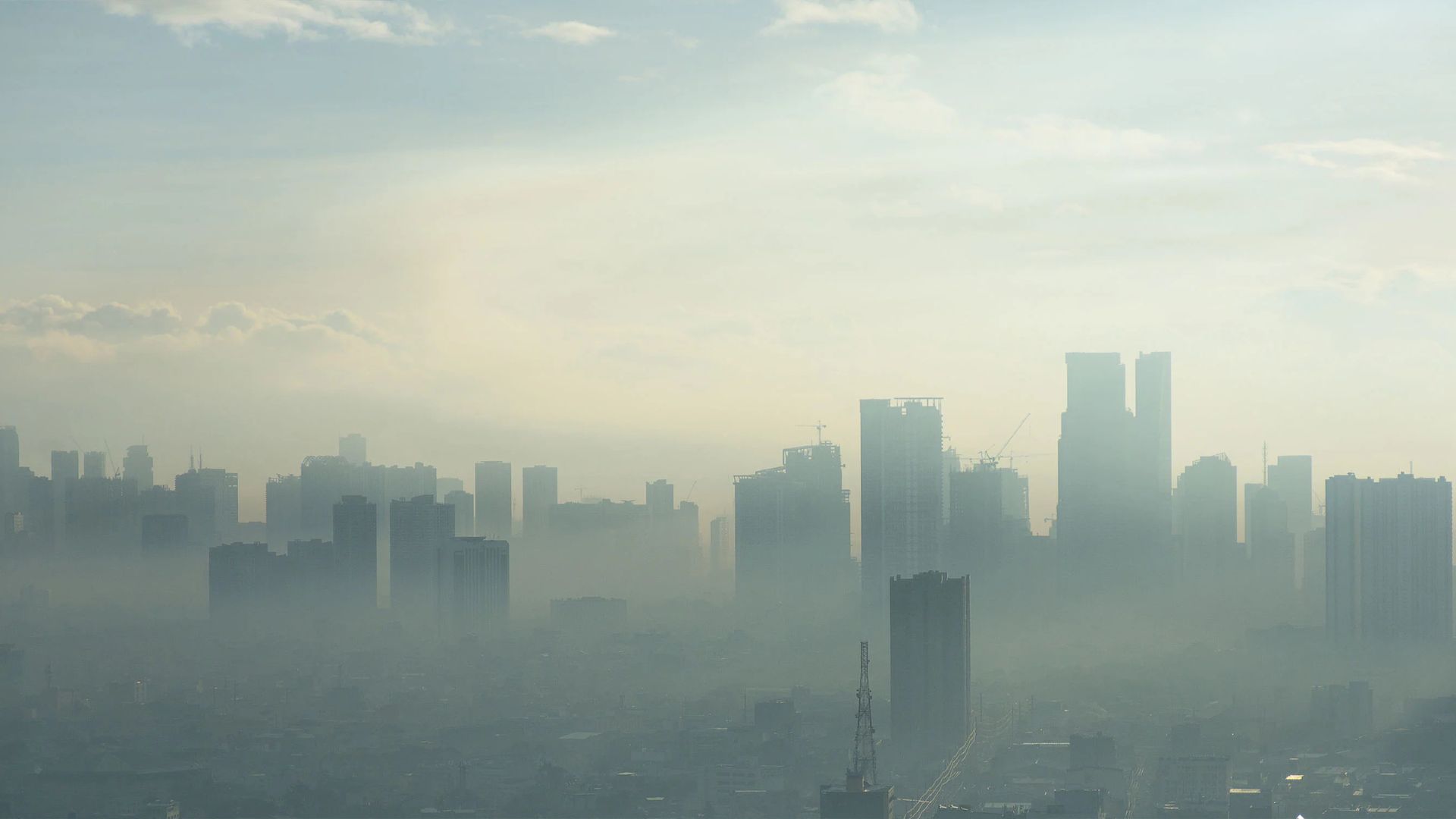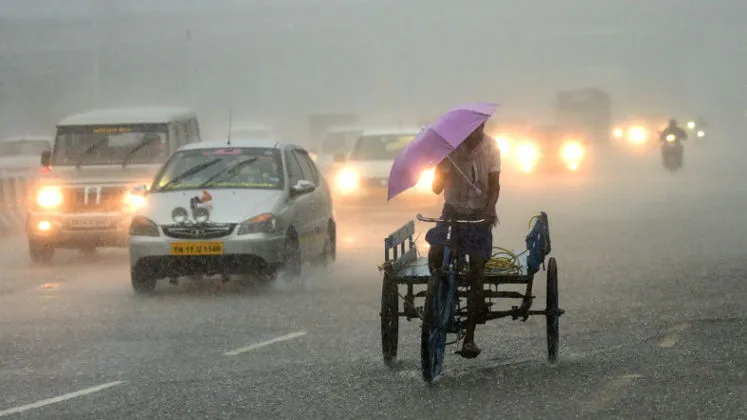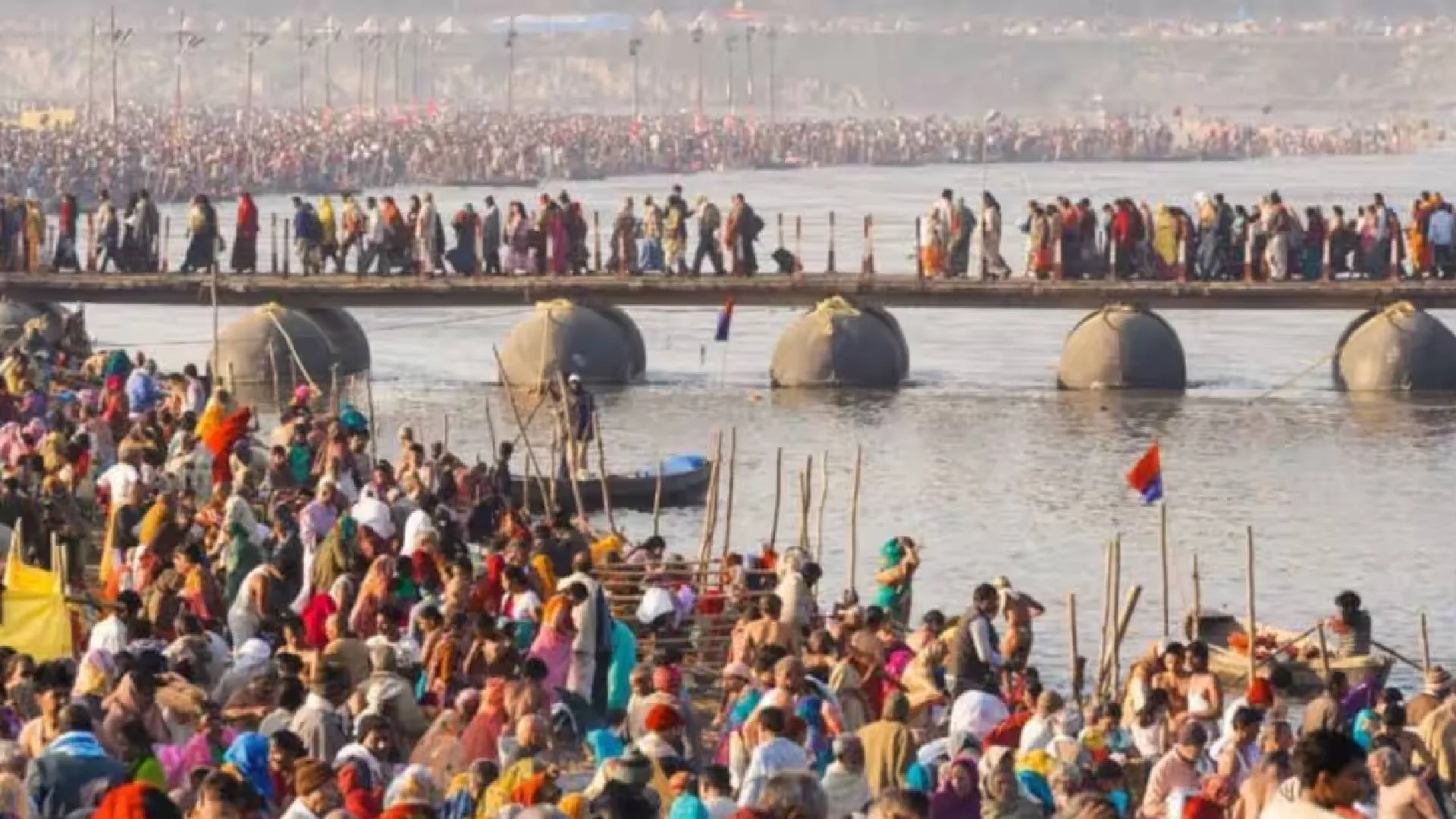Lahore, the cultural center of Pakistan, has unfortunately been designated as the world’s most polluted city, registering a concerning Air Quality Index (AQI) of 394. This dangerous level of pollution poses significant health risks, leading to symptoms such as coughing, breathing difficulties, eye irritation, and skin infections among many residents.
The AQI serves as an indicator of the concentration of various airborne pollutants, with readings above 100 deemed unhealthy and those exceeding 150 classified as “very unhealthy.”
Key factors contributing to this smog crisis include the burning of crop residues and industrial emissions. In response, the Punjab government, under Chief Minister Maryam Nawaz, has initiated the ‘Anti-Smog Squad’ to educate farmers on alternative residue disposal methods and to promote the use of super seeders.
“Yesterday Lahore was declared the most polluted city in the world. We have taken a number of initiatives to address the matter, and now we are planning for artificial rain in the city,” Punjab Information Minister Azma Bokhari stated at a news conference in Lahore on Tuesday.
Smog, a combination of smoke and fog, occurs when certain polluting microparticles blend with cold, moist air, creating a dense layer near the ground that reduces visibility and exacerbates health problems.
Pakistan’s Initiatives to Combat Pollution
– Artificial Rain: Planned to alleviate the effects of smog.
– Anti-Smog Squad: Educating farmers and advocating sustainable practices.
– Environmental Education: Integrated into the province’s educational curriculum.
– Climate Diplomacy: Working with India to address cross-border smog issues.
Punjab Senior Minister Marriyum Aurangzeb highlighted that the benefits of these initiatives would be apparent in 8-10 years, urging farmers to cease burning crop residues, which adversely affects both agriculture and children’s health.
Recognizing the urgent need for action, the Punjab government has declared a war on smog. With Lahore’s AQI surpassing 150, immediate solutions are vital.
Earlier this month, Chief Minister Maryam Nawaz called for “climate diplomacy” with India to tackle smog impacts in the region, noting that stubble burning in Indian Punjab affects air quality across the border.
“This issue needs to be taken up with India forthwith,” she added.























